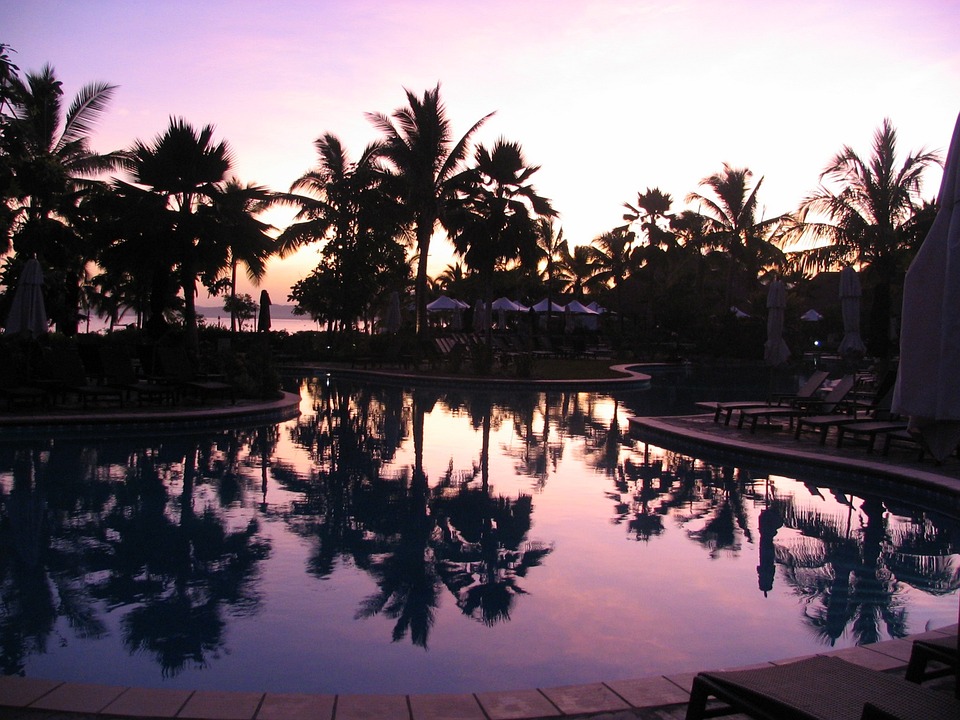Fiji’s Rich History and Indigenous Culture: A Fascinating Overview

Fiji’s Rich History and Indigenous Culture: A Fascinating Overview
Fiji, a tropical paradise in the South Pacific, is not only known for its stunning beaches and crystal-clear waters but also for its rich history and indigenous culture. The islands of Fiji have a complex and fascinating history that dates back thousands of years. The indigenous Fijian people have a unique culture that is deeply rooted in tradition and spirituality. In this article, we will explore the history and culture of Fiji, from its ancient origins to the present day.
Early History
The history of Fiji dates back to around 1500 BC, when the first settlers arrived on the islands from Southeast Asia. These early settlers were the ancestors of the modern-day Fijian people, who are believed to be of Melanesian and Polynesian descent. Over the centuries, Fiji was settled by various waves of migrants, including the Lapita people, who were skilled seafarers and pottery makers.
By the time European explorers arrived in the 17th century, Fiji was already home to a complex society with a sophisticated system of governance and social organization. The islands were ruled by powerful chieftains, known as “Ratus”, who controlled the land and resources.
British Colonization
In the early 19th century, Fiji became a British colony after being ceded to the British Empire by the Fijian chiefs. The islands were annexed in 1874, and Fiji became a crown colony. The British brought with them Christianity and European customs, which had a significant impact on Fijian society.
During the colonial period, many Fijians converted to Christianity and adopted Western styles of dress and education. The British also introduced cash cropping and commercial agriculture, which transformed the economy of the islands. However, the colonial era was marked by significant social changes and tensions between the indigenous Fijians and the Indian indentured laborers brought to the islands by the British.
Independence and Modernization
Fiji gained independence from Britain in 1970, and has since undergone rapid modernization and development. The country has a diverse economy, based on tourism, agriculture, and manufacturing. Despite these changes, traditional Fijian culture and customs remain strong, particularly in rural areas and villages where communities are close-knit and traditional practices are preserved.
Fijian society is organized around the concept of “vanua”, which refers to land, people, and culture. The vanua is the foundation of Fijian identity and community, and is central to the social and political life of the islands. Traditional customs, such as the kava ceremony and meke dance, are important cultural practices that are still performed today.
Indigenous Culture
The indigenous Fijian people have a rich and diverse culture that is expressed through language, art, music, dance, and religion. The Fijian language, known as Fijian, is spoken by most of the population and has numerous dialects. Traditional Fijian art includes woodcarving, weaving, and pottery, which are highly valued and are often used in ceremonial contexts.
Music and dance are important aspects of Fijian culture, with traditional songs and dances being performed at festivals, ceremonies, and social gatherings. The meke dance, for example, is a traditional Fijian dance that tells stories through movement and music. Fijian music is characterized by its use of rhythmic drums, bamboo pipes, and vocal harmonies.
Religion also plays a central role in Fijian culture, with Christianity being the dominant faith. However, many Fijians also practice indigenous forms of spirituality, such as the worship of ancestors and nature spirits. Beliefs in taboos, magic, and sorcery are common in Fijian society, and traditional healers known as “bete” are respected for their knowledge of herbal medicine and spiritual practices.
Overall, Fiji’s rich history and indigenous culture are a testament to the resilience and creativity of the Fijian people. From their ancient origins to their modern-day society, the Fijians have preserved their traditions and values in the face of colonialism and globalization. Today, Fiji remains a vibrant multicultural society that celebrates its past while embracing the future.